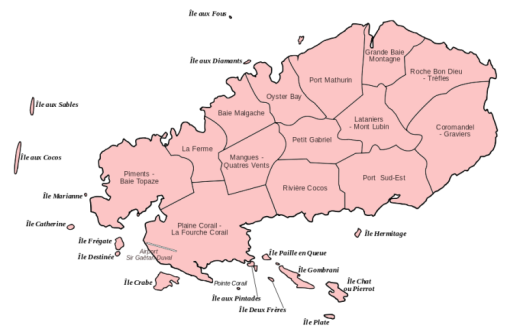“O
mankind! We created you from a male and a female, and made you into
nations and tribes so that you may know each other. The noblest of you in the
sight of Allah is the most righteous. Allah is Knower, Aware.” (49:
14)
The
concept of Jama’ah (Group/Congregation/One single fraternity)
in Islam is exclusive. Religion is the law and the law is religion. Known as Shariah,
the law of Allah the Exalted is the motivating force in the community. As such,
we can say that social success for Muslims is drawn in a very simple formula:
Shariah – Community – Mutual Strength. However, nothing can be achieved in the
division of personal, ideological and partisan values. The unit is the
cornerstone of success for Allah the Exalted explicitly commands and strongly
warns in His Book:
“And
be not like those who are divided and began to argue, after the clear proofs
had come to them, and these will have a grievous chastisement.” (3:
106)
It
is not enough to simply pronounce the Shahada to become a
Muslim completely. It also requires conviction and resolution by applying the
decrees that God has provided for His servants. It is then that the Muslim
community shall realize the importance of brotherhood and unity in Islam. This
unique form of union that Islam prescribes is the backbone of any society. The
very basis of citizenship is universal brotherhood in piety. Brotherhood in
Islam translates to “community”, “nation” or “people”, and includes people of
different temperaments, different qualities, different races, languages and
histories, but who are nevertheless united at the heart of servitude to Allah
the Exalted. We received a single instruction, and we were ordered to live
within a single religion, and so our goal should be distinct and unique,
propagating or serving the oneness of Allah the Exalted, the Almighty. The
ideal Muslim community is one that is happy, far from doubts, anger, jealousy,
and not affected by hypocrisy, pride and hatred.
Abdullah
ibn Umar reported that the Messenger of Allah (peace be upon him) said:“A
Muslim is the brother of another Muslim. So he should neither oppress him nor
hand him over to an oppressor. And whoever meets the needs of his brother,
Allah will meet his needs.” (Bukhari).
In another Hadith narrated by
Anas ibn Malik, the Prophet of Allah (peace be upon him) said: “Do not
hate each other and do not be jealous of each other and do not desert each
other, O worshipers of Allah! Be brothers! It is not permissible for a Muslim
to abandon his brother for more than three days.” (Bukhari)
The
Quran and Sunnah emphasized the eminence of brotherhood. It is the key to the
door of social success. Therefore, as Muslims, we have the responsibility to
build our society according to the principles of the Messenger of Allah (peace
be upon him) who defined for his community an ideal way of life and a perfect
model of community maintenance. We must live in accordance with the Sunnah
which orders us to be kind to our brothers and sisters, to be tolerant, humble
and supportive to achieve peace and success. It is the key to the door of
achievement.
Brotherhood
is the emblem indicating our superiority over other communities. If we are all
facing in the same direction in life, our mutual support will be added to our
winning probability. Unity is strength, builds confidence and prosperity.
Therefore, Muslims around the world should not be driven by carelessness and
indifference to his brother, far from it! Mutual support and cooperation should
be the moral principle by which Muslims relate to each other. It is then that
the binding of hearts shall come out stronger and protected.
 “Ihdinas
Siratal Mustaqim” means: Guide us to the straight path,
the path of Islam (total submission to the will of Allah), the path of Iman (faith),
the path of Ihsan (where we worship Allah as if we see Him and if we
cannot accede to that level then at least we realize that He sees us), the path
of Taqwa (piety) as we strive to accomplish and be present in
all that which Allah has commanded us to do and absent in what Allah has
forbidden us to do with our mind, eyes, ears, mouth, feet, hands and every part
of our body.
“Ihdinas
Siratal Mustaqim” means: Guide us to the straight path,
the path of Islam (total submission to the will of Allah), the path of Iman (faith),
the path of Ihsan (where we worship Allah as if we see Him and if we
cannot accede to that level then at least we realize that He sees us), the path
of Taqwa (piety) as we strive to accomplish and be present in
all that which Allah has commanded us to do and absent in what Allah has
forbidden us to do with our mind, eyes, ears, mouth, feet, hands and every part
of our body.












